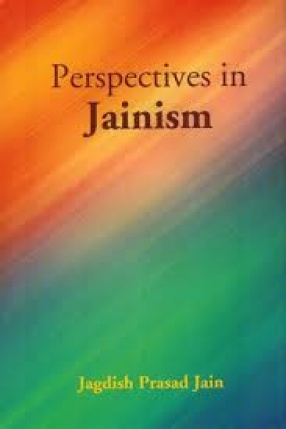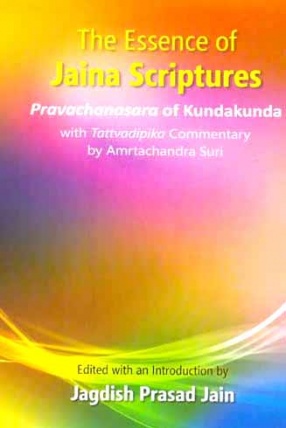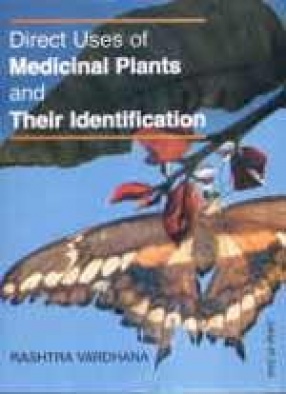This work describes the essence of true religion. It consists of the indispensable rules which necessarily leads to the highest objective of human endeavour, i.e. salvation. These rules comprising of enlightened vision (samyak darshan), knowledge and conduct are rooted in our consciousness. The alignment of the three facets or faculties of our consciousness, viz. feeling or affective, cognitive or thinking, and volition, activity or conative ensures peace and happiness of the individual as well as social well-being. This book lays great emphasis on self-reliance consisting of moral self-restraint, i.e. external, other-related (vyavahara) conduct of ahimsa (non-violence), etc. vows, carefulness in eating, speaking, etc. and self-restraint of mind, speech and body, and spiritual self-discipline, i.e. internal or self-referential (nishchaya) conduct, involving self-introspection, self-analysis, etc. psychological techniques of self-transformation by getting rid of negative emotions. The external self-restraint and internal selfdiscipline together constitute enlightened conduct, which has to be anchored or based on enlightened vision and knowledge. The book discusses the concepts of soham (I am That or He, i.e. the highest or supreme state of soul endowed with Godhood or divinity), omniscience, three kinds of self (Exterior, Interior and Supreme Self) and self as its own friend and foe, etc. It also examines the different conceptions of salvation, including Advaita Vedanta, Buddhism and Jainism and the efficacy of the paths of bakti, jnana and karma leading to salvation. The book will be useful to scholars and students of Indian philosophy, especially Jainism.
Perspectives in Jainism
$49.50
$55.00








There are no reviews yet.